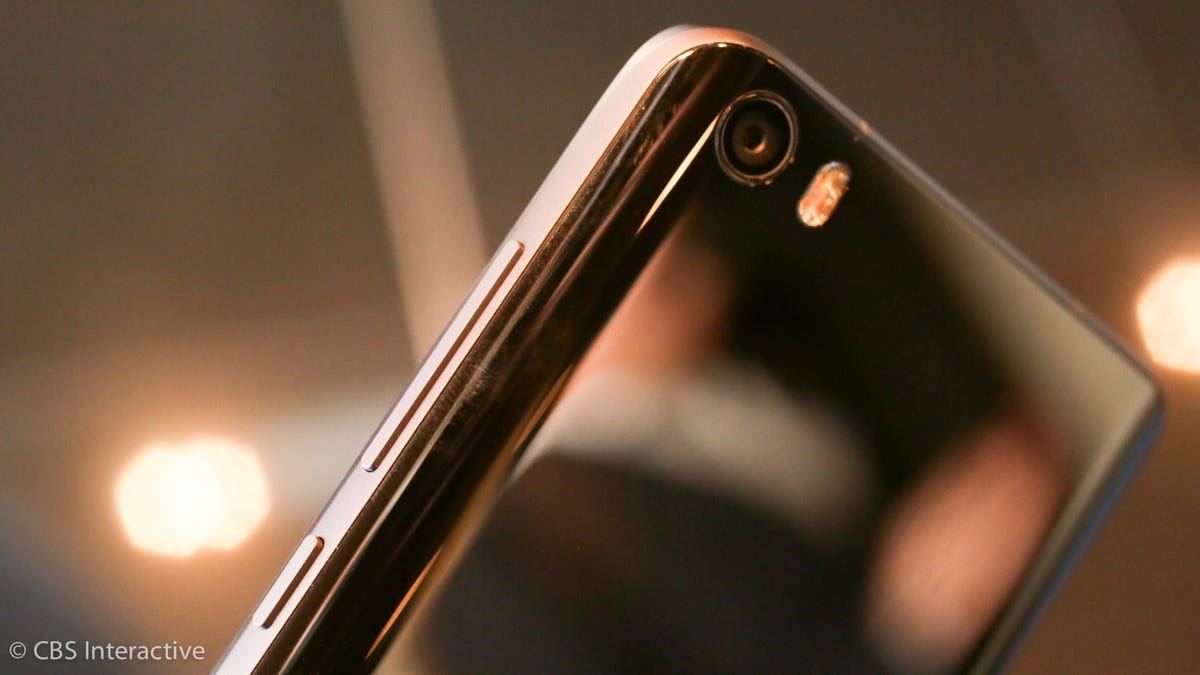Xiaomi wants to redefine 'made in China'
By overseeing quality control over its electronics and others', the aggressively growing company wants to change your perception of Chinese workmanship.

If the label "made in China" conjures images of exploding "hoverboards" more often than quality craftsmanship, you're in good company.
China's reputation for inexpensive prices rather than quality manufacturing hurts brands that want to compete in the high end on a global scale, said Xiaomi's senior VP of mobile, Xiang Wang, when we met here in Beijing at the company's headquarters.
Read more of Jessica's tech adventures in Asia!
"In [the] US, you can find a lot of products made in China," Wang said. "First impression is the price -- you got a good deal -- but not performance or quality."
As a Xiaomi executive, Wang has a stake in the game. During its mere six years of life, Xiaomi has rocketed its phone sales to become, by at least one account, the top-seller in China, the world's most populous country. That alone makes Xiaomi a big deal.
But the electronics-maker has also built a reputation for creating cheap-but-good phones, like the flagship-quality Mi 5, that compete locally against Apple, Samsung and homegrown Huawei.
And as Xiaomi expands beyond China's borders -- first into India and Brazil, and soon into the US and Europe -- its reputation will be everything. It will be the reason why big spenders will consider a Xiaomi phone alongside an Apple iPhone or Samsung Galaxy, rather than see Xiaomi as a "deal," a trade-off buy.
Recipe for success
So how do you break down that negative perception? According to Wang, you keep prices low and quality high, and help others to do the same. To get the ball rolling, Xiaomi has invested in 55 companies that work with Xiaomi on quality control, and sell their own electronics from Xiaomi's Mi.com website, or in Xiaomi's handful of retail stores, either with their own branding or, more commonly, under Xiaomi's.
What it's like inside Xiaomi, China's popular upstart phone-maker (pictures)
See all photosIt's a simple recipe: Xiaomi oversees these third-party designs, tests them for quality, and helps with distribution.
No hardware profit
Clearly, rock-bottom prices are still key to the equation. Xiaomi's mobile VP Wang said that low labor costs paired with "efficiencies" in manufacturing and distribution make Xiaomi's pricing possible. On some products, the company might also curb costs by using last season's still-good parts.
But Xiaomi also saves money with its advertising-free, Internet-first sales model, which help keeps its overheads extremely low.
My taxi driver in Singapore said of his Mi band, "What do you expect from this? It costs SG$19 (about $14). It works."
"Our philosophy is we don't intend to make a profit from the hardware," Wang said, emphasizing that Xiaomi's "Mi" ecosystem and software platform is what keeps cash flowing. Instead, Xiaomi wants to focus on attracting customers with products that perform as promised.
Xiaomi is already off to a good start. "The company has been successful in China in establishing its products as good quality for competitive prices," said Gartner analyst Jon Erensen, "especially when compared to high-end international competitors."
For his part, Xiaomi's Wang says he hopes other Chinese brands will follow the company's example. "Our slogan [translated from Mandarin Chinese] means 'new made in China'," he said. "Without a good product, you can't get word of mouth."

